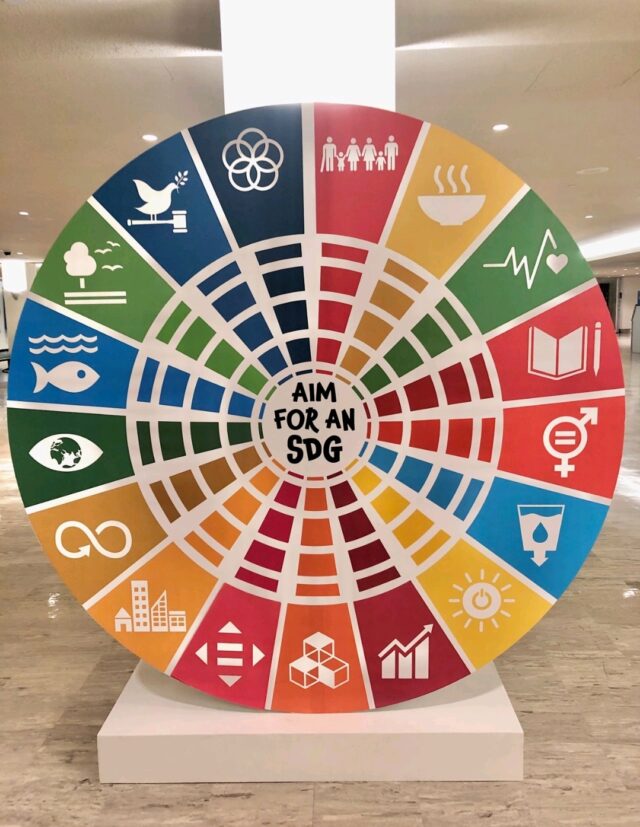The United Nations World Tourism Organization (UNWTO) and other international organizations provide guidelines and frameworks to assist destinations in developing and managing sustainable tourism practices in line with the SDGs. It’s essential for the tourism industry to prioritize responsible and sustainable practices to contribute positively to the global goals outlined in the 2030 Agenda.
Tourism plays a significant role in contributing to the Sustainable Development Goals (SDGs), which are a set of 17 global goals established by the United Nations in 2015 to address various social, economic, and environmental challenges. Tourism has the potential to generate positive impacts on local communities, economies, and the environment when managed sustainably. Here are some ways in which tourism intersects with the SDGs:

- Economic Growth (SDG 8): Tourism can contribute to economic growth by creating job opportunities, fostering entrepreneurship, and stimulating the development of local businesses. It is an important source of income for many communities, particularly in developing countries.
- Poverty Alleviation (SDG 1): Sustainable tourism can help alleviate poverty by providing income-generating opportunities for local communities. When tourism benefits are distributed equitably, it can contribute to poverty reduction by creating jobs and supporting local livelihoods.
- Infrastructure Development (SDG 9): Tourism often leads to the development of infrastructure such as transportation, communication, and utilities, which can benefit not only tourists but also local residents.
- Cultural Preservation (SDG 11): Responsible tourism involves respecting and preserving the cultural heritage of destinations. This includes supporting local traditions, protecting historical sites, and involving local communities in tourism planning and management.
- Environmental Sustainability (SDGs 12, 13, 14, 15): Sustainable tourism aims to minimize its impact on the environment. This includes promoting responsible consumption and production, reducing waste, conserving biodiversity, and mitigating climate change.
- Gender Equality (SDG 5): Tourism can empower women by providing job opportunities and supporting women’s entrepreneurship in the tourism sector. Efforts should be made to ensure that women have equal access to the benefits of tourism.
- Quality Education (SDG 4): Tourism can contribute to education by providing training and skill development opportunities for local communities in the hospitality and tourism sectors.
- Peace and Justice (SDG 16): Tourism can promote cross-cultural understanding and peaceful coexistence by fostering dialogue between different communities and promoting cultural exchange.
To promote sustainable tourism and align it with the 2030 Agenda, stakeholders, including governments, businesses, and local communities, need to work together. This involves adopting and implementing policies and practices that consider the social, economic, and environmental dimensions of tourism.
However, it’s important to note that the impact of tourism on the SDGs can be both positive and negative. Uncontrolled tourism growth can lead to environmental degradation, cultural erosion, and social inequality. Therefore, it is crucial for the tourism industry to adopt sustainable practices and for destinations to implement responsible tourism management strategies to maximize positive outcomes while minimizing negative impacts.

